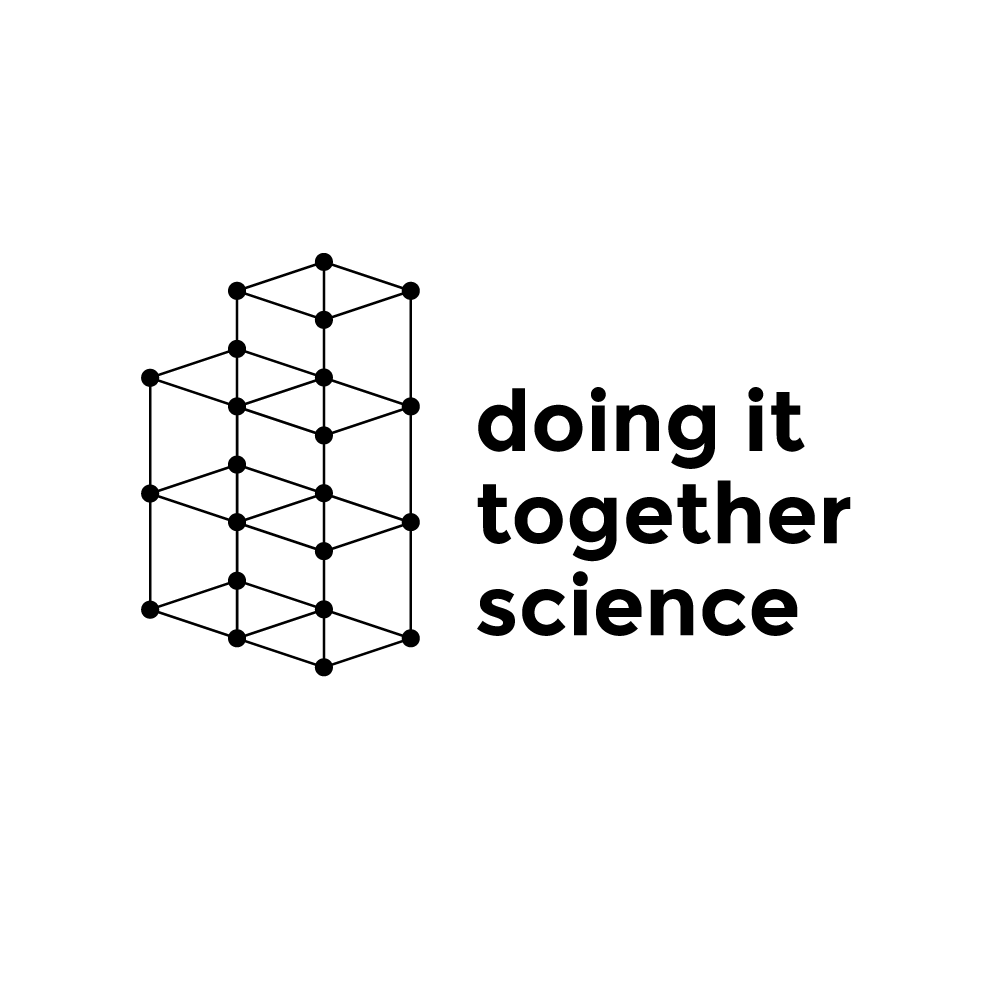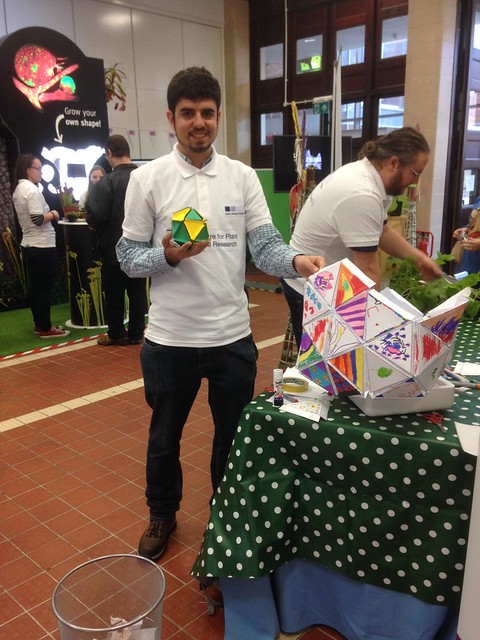Ten teams successfully pitched for funding to a panel of four judges on 5 December 2016, with a five minute presentation followed by questions from the floor.
We look forward to seeing the results in six months time and encourage anyone with an interest in the projects to contact the teams for more information or to offer collaborations and support. The next round of the OpenPlant Fund will be held from June 2016 with pitches at the OpenPlant Forum in later July 2016.
The Projects and Teams
Plant-ProChip 2.0: High throughput transformation of plant protoplast
Ivan Reyna-Llorens (Plant Sciences, UCam), Steven Burgess (Plant Sciences, UCam), Ziyi Yu (Chemistry, UCam), Gregory Reeves (Plant Sciences, UCam), Christian R. Boehm (Plant Sciences, UCam)
Translating Nitrogen Use Efficiency from models to crops
Maraian Fazenda (Plant Sciences, UCam), Matthew Milner (NIAB), Mario Caccamo (NIAB), Dan Swan (Earlham Institute)
The Green Mother Machine Reloaded
Christian Schwall (Biochemistry, UCam), Philipp Braeuninger-Weimer (Engineering, UCam) , Bruno Martins (Sainsbury Laboratory, UCam), Arijit Das (Sainsbury Laboratory, UCam), Chao Ye (Sainsbury Laboratory, UCam), Toby Livesey (Biochemistry, UCam), Antony Hall (UEA)
Development of a Low-Cost Micro-Environment Device for Root-Nutrient Interaction
Tyler McCleery (JIC), Ziyi Yu (Chemistry, UCam), Zhijun Meng (Chemistry, UCam), Veronica Grieneisen (JIC)
DNA-mediated fusion of spheroplasts with synthetic liposomes
Lorenzo Di Michele, (Physics, UCam), Martin Howard (JIC), Pietro Cicuta (Physics, UCam)
Developing Cell-Free Genetic Circuits and their Electronic Counterparts as Educational Tools for SynBio Students.
Cambridge University Synthetic Biology Society
Ambient temperature preservation of cell-free TX-TL reagents for use in synthetic biology
Susana Sauret-Gueto (Plant Science, UCam), Colette Matthewman (JIC), Fernan Fedirici (Plant Sciences, UCam and PUC, Chile), Dean Madden (NCBE, Reading)
Accessible 3D Models of Molecules
Vanessa Bueno (Earlham Institute, Roger Castells Graells (JIC), Elisabeth Gill (Engineering, UCam), Charlie Owen (JIC)
Developing teaching resources for rapid, open and combinatorial genetic circuit fabrication in cell-free systems.
Fernan Fedirici (Plant Sciences, UCam and PUC, Chile), Dean Madden (NCBE, Reading), Nicola Patron (Earlham Institute), Bernardo Polak (Plant Sciences, UCam)
Light sheet microscopy of cell sheet folding in Volvox
Stephanie Hoehn (DAMPT, UCam), Pierre Haas (DAMPT, UCam), Karen Lee (JIC)

![[Closes 24 Nov 2107] Apply now to the OpenPlant Fund!](https://images.squarespace-cdn.com/content/v1/54a6bdb7e4b08424e69c93a1/1509564315902-TUO4I6QRWI9TT8UGSIAJ/OpenPlantTwitter_400x400+%281%29.jpg)

![[Closes 7 Mar 2017] OpenPlant Research Associate (Haseloff Lab)](https://images.squarespace-cdn.com/content/v1/54a6bdb7e4b08424e69c93a1/1486552818859-FH76MCA8SMFU93WB85RX/OpenPlantTwitter_400x400.jpg)













